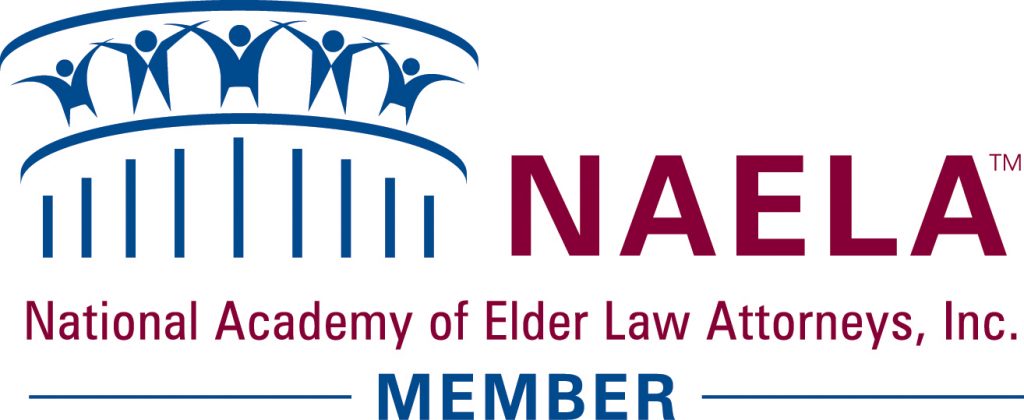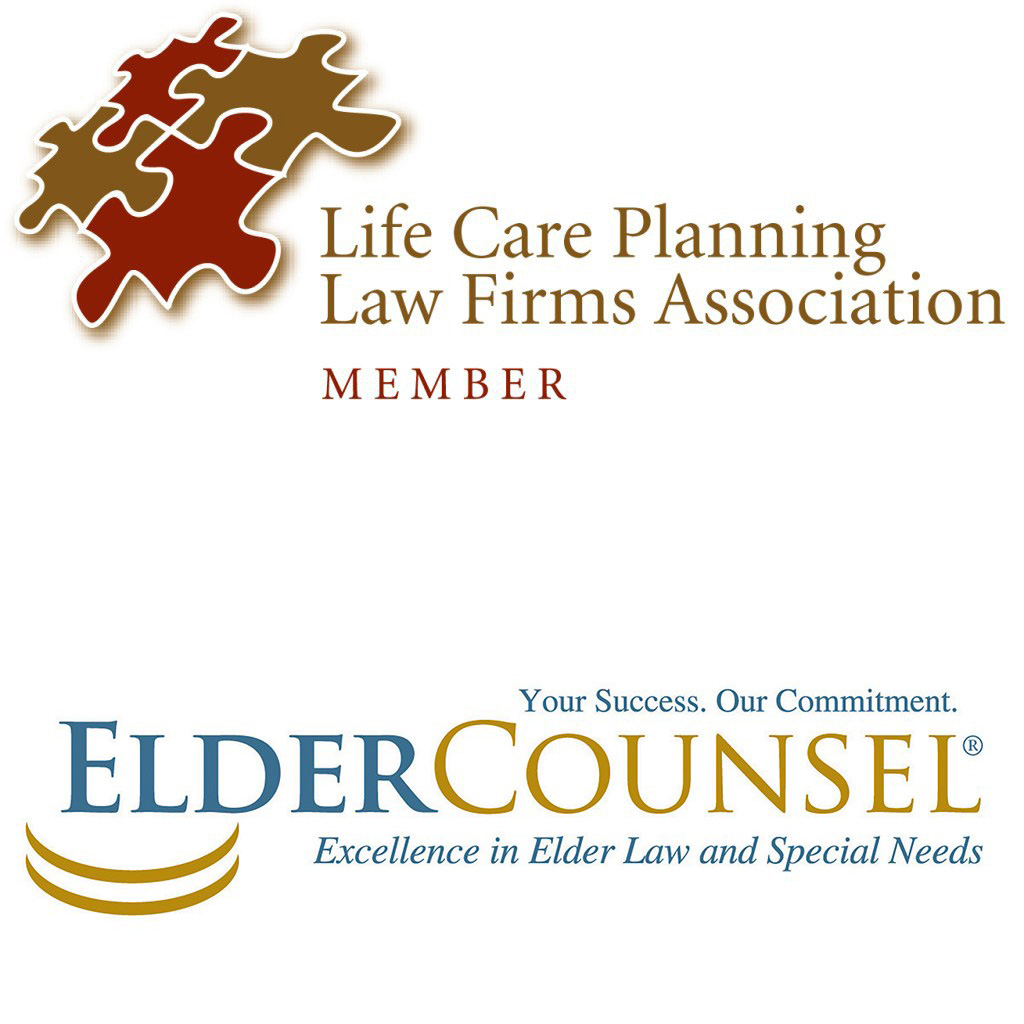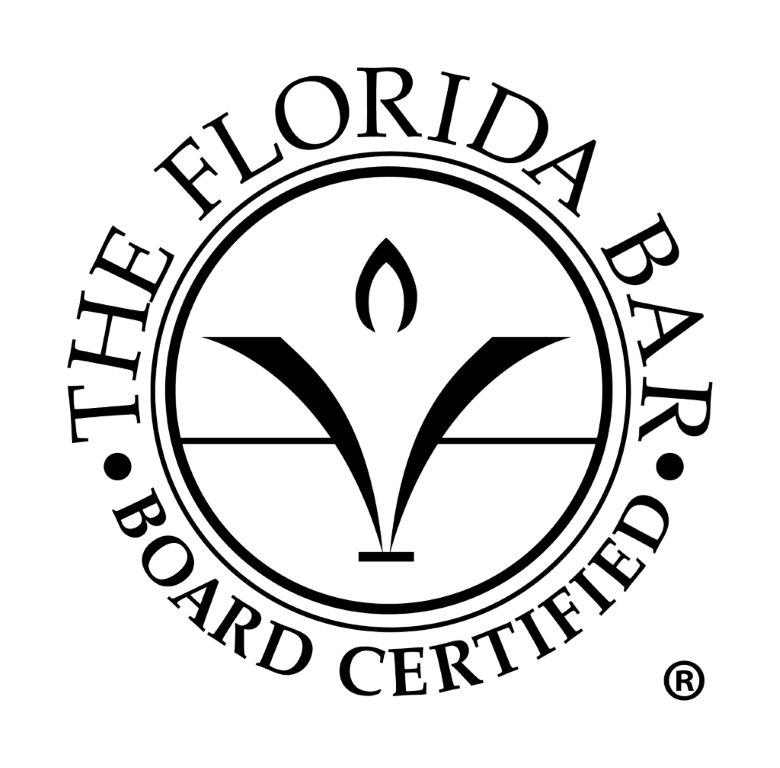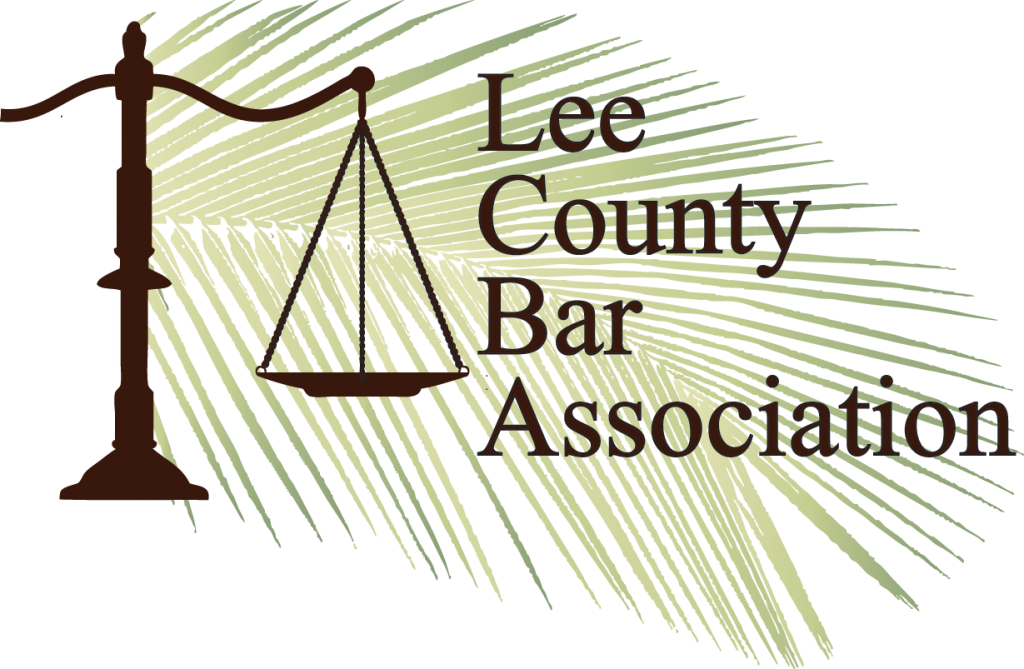
Most New Year’s resolutions may involve creating good habits or nixing bad habits. Maybe you choose to give up snacking past 8:00pm. Maybe you resolve to eat healthier foods or exercise more frequently. One resolution that may not be very common, but should be, is to work with an experienced estate planning attorney to create or update an estate plan to include the most helpful tools to benefit you and your loved ones. Did you know one such tool may be a trust?
There are a variety of different trusts that can be created. It can be, therefore, important to implement the trust that is right for you and then routinely evaluate that trust in relation to your overall estate plan to ensure that it remains the most effective tool. Here, we will discuss three reasons why your New Year’s resolutions, every year, should include evaluating your estate plan and the role different trusts can play in this process.
1. Your assets may have changed. You may now have assets that would benefit from the creation of a trust during your lifetime. When you create a trust it can be revocable or irrevocable, can contain all or only some of your assets, can benefit you or any other person, and can contain powers and restrictions that best suit your needs and circumstances.
2. Your goals may have changed. Different trusts can serve different purposes. It can be important to reevaluate your estate planning goals and needs. For example, you may have a child with special needs and you want to create a special needs trust to help ensure the child is cared for long after you are gone. You may have a child who you are concerned may abuse any assets you leave to him or her so you would like to create a spendthrift trust limiting how the child can use the assets in the trust.
3. The laws may have changed. Tax laws may make a particular trust more beneficial to you or your beneficiaries, therefore, it can be important to check in with your attorney to ensure that your estate plan takes into consideration any relevant changes in the law.
Do you have more questions about trusts and estate planning? We have answers. Contact our office today to schedule an appointment.







